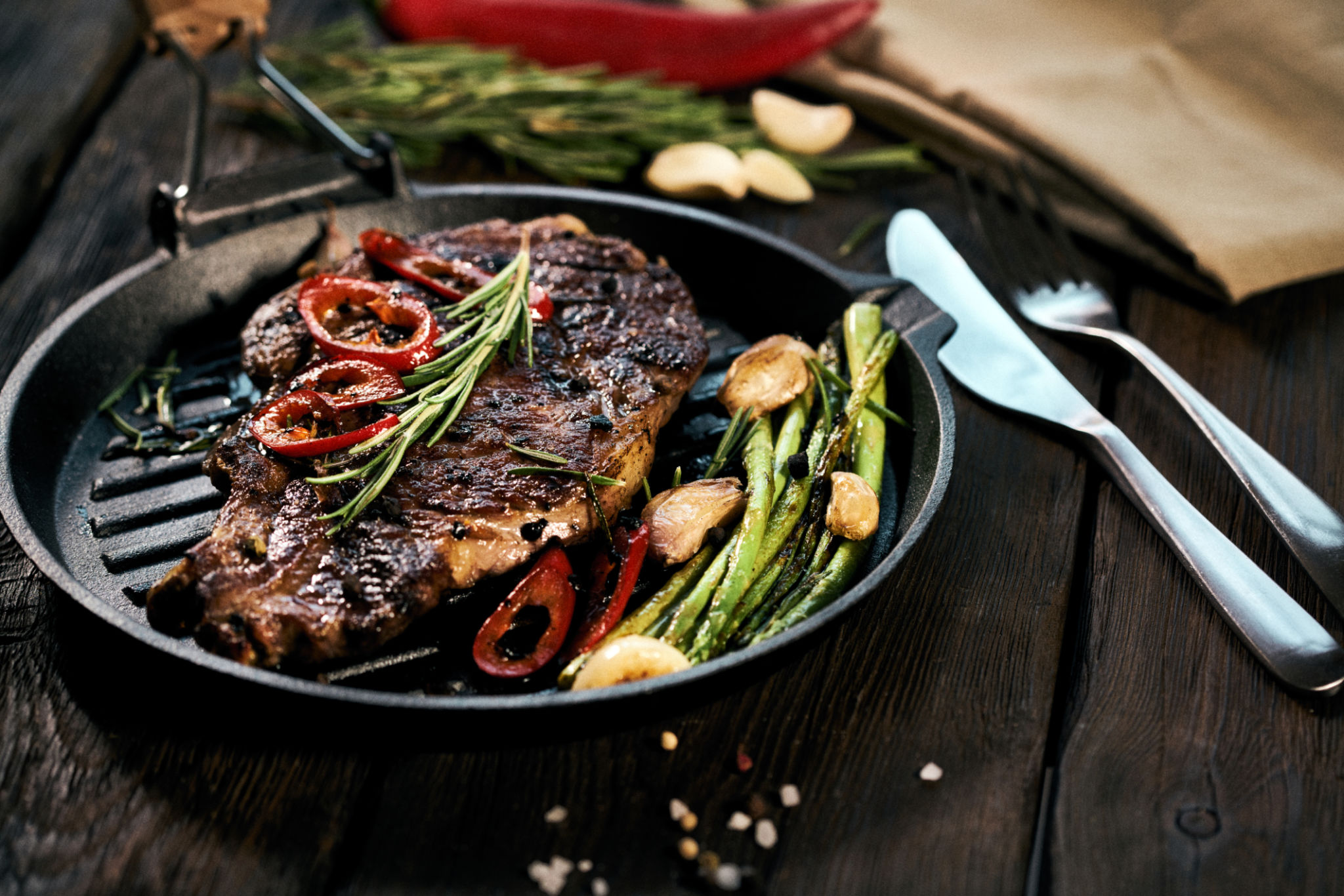Zero Oil Cooking: Expert Tips for a Healthier Lifestyle
Understanding Zero Oil Cooking
Zero oil cooking is a revolutionary approach that eliminates the use of oil in food preparation, promoting a healthier lifestyle. By relying on alternative cooking techniques and flavor enhancers, you can enjoy delicious meals without the added fats and calories associated with oils. Embracing this method not only aids in weight management but also supports heart health and reduces the risk of chronic diseases.
Many people assume that cooking without oil means sacrificing taste or texture. However, with the right techniques, it is possible to create flavorful dishes that satisfy both the palate and nutritional needs.

Benefits of Zero Oil Cooking
One of the most significant advantages of zero oil cooking is the reduction in calorie intake. Oil is calorie-dense, and by eliminating it, you can significantly lower the calorie content of your meals. This is especially beneficial for those looking to lose weight or maintain a healthy weight.
Additionally, zero oil cooking helps in reducing cholesterol levels, which is crucial for heart health. Oils, especially those high in saturated fats, can contribute to high cholesterol, leading to heart disease. By cooking without oil, you can lower your cholesterol intake and improve your cardiovascular health.

Techniques for Zero Oil Cooking
To successfully adopt zero oil cooking, it's essential to explore various cooking techniques such as steaming, boiling, baking, and grilling. These methods help retain the natural flavors and nutrients of the ingredients without the need for oil.
Using non-stick cookware can also play a vital role in zero oil cooking. It allows you to cook without the risk of food sticking to the pan, eliminating the need for oil as a lubricant. Additionally, incorporating spices and herbs can enhance the taste, ensuring the meals are flavorful and aromatic.
Steaming and Boiling
Steaming vegetables, fish, or chicken is a fantastic way to cook without oil. This method preserves the nutrients and ensures the food remains moist and tender. Boiling is another effective technique, especially for grains and legumes, providing a simple way to prepare healthy meals.

Flavorful Alternatives
To compensate for the absence of oil, consider using natural ingredients like lemon juice, vinegar, or tomato puree. These can add a tangy and rich flavor to your dishes, making them more appetizing. Additionally, using vegetable broth as a base can enhance the taste of soups and stews, providing depth without added fats.
Experimenting with different spices and herbs can also transform your meals. Ingredients like garlic, ginger, cumin, and basil can add complexity and aroma, ensuring your zero oil dishes are anything but bland.
Meal Ideas for Zero Oil Cooking
Creating a meal plan that incorporates zero oil cooking can be both exciting and rewarding. Consider dishes like grilled vegetable skewers, quinoa salads with fresh herbs, or steamed fish with lemon and dill. These meals are not only nutritious but also bursting with flavor.
For those with a sweet tooth, zero oil desserts like fruit salads with a drizzle of honey or baked apples with cinnamon can satisfy cravings without compromising health goals.

Conclusion
Adopting a zero oil cooking lifestyle may seem challenging initially, but with practice and creativity, it can become an enjoyable and sustainable way to improve your health. By focusing on natural flavors and healthy cooking techniques, you can enjoy delicious meals that nourish your body and support a healthier lifestyle.
